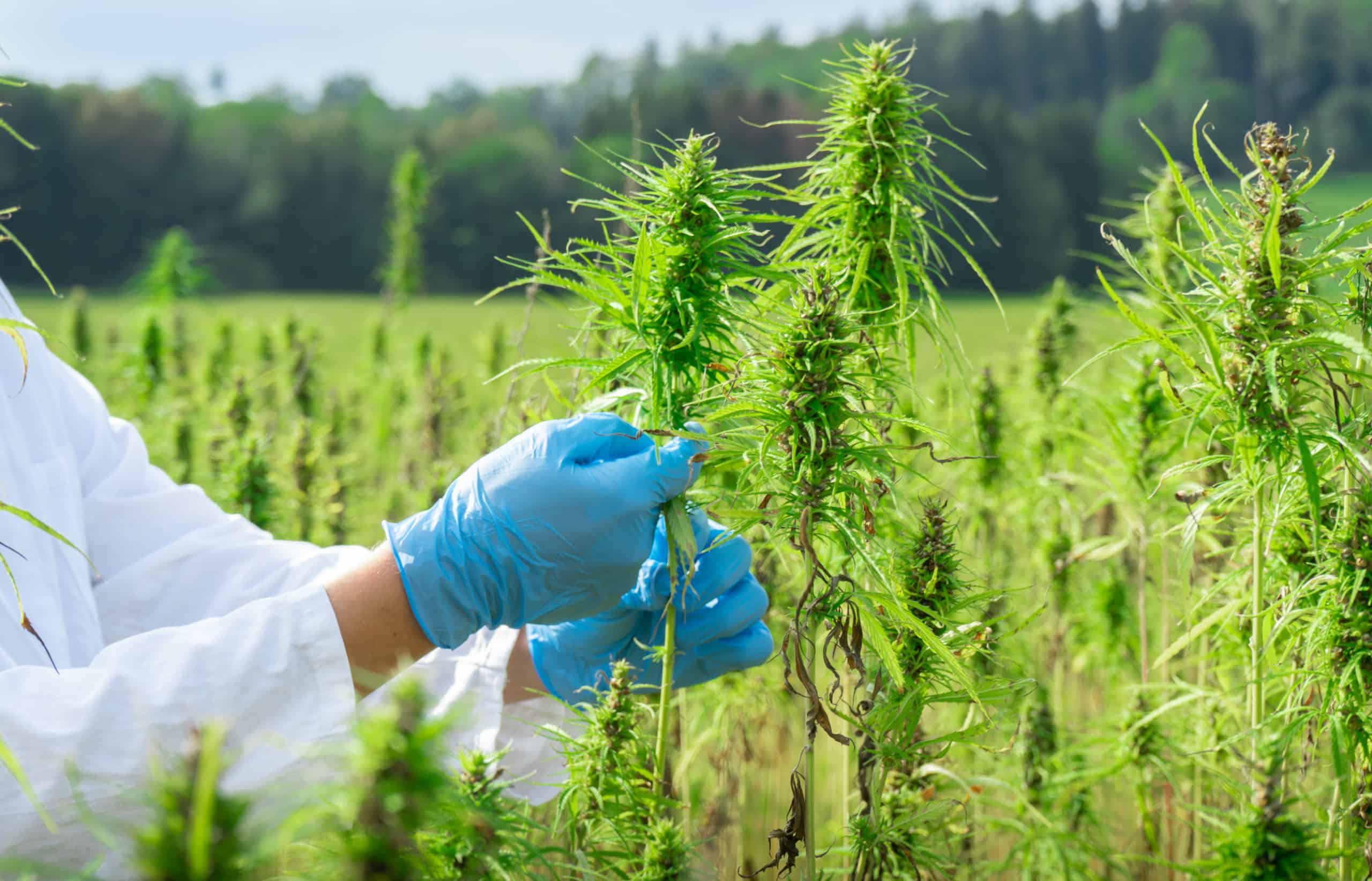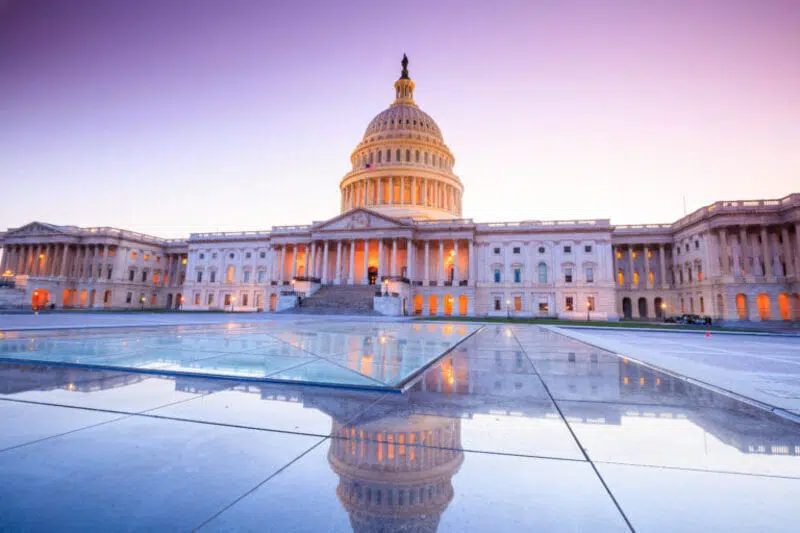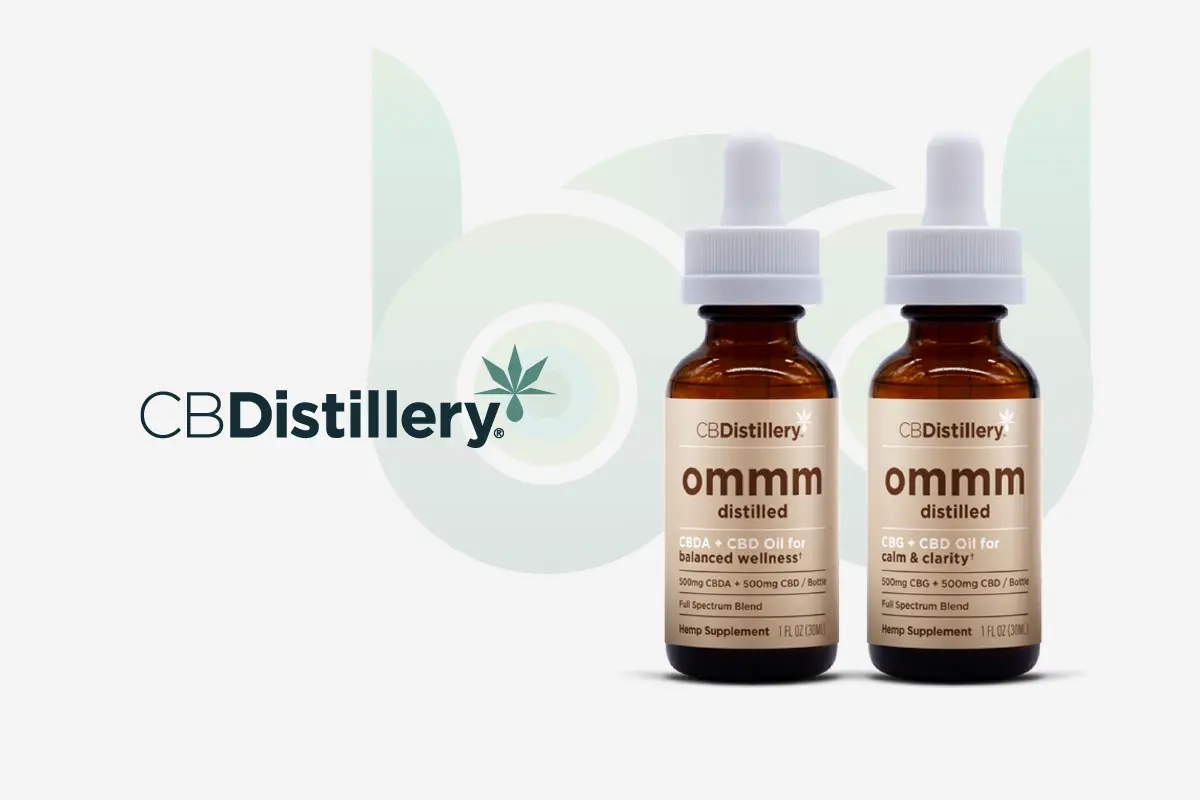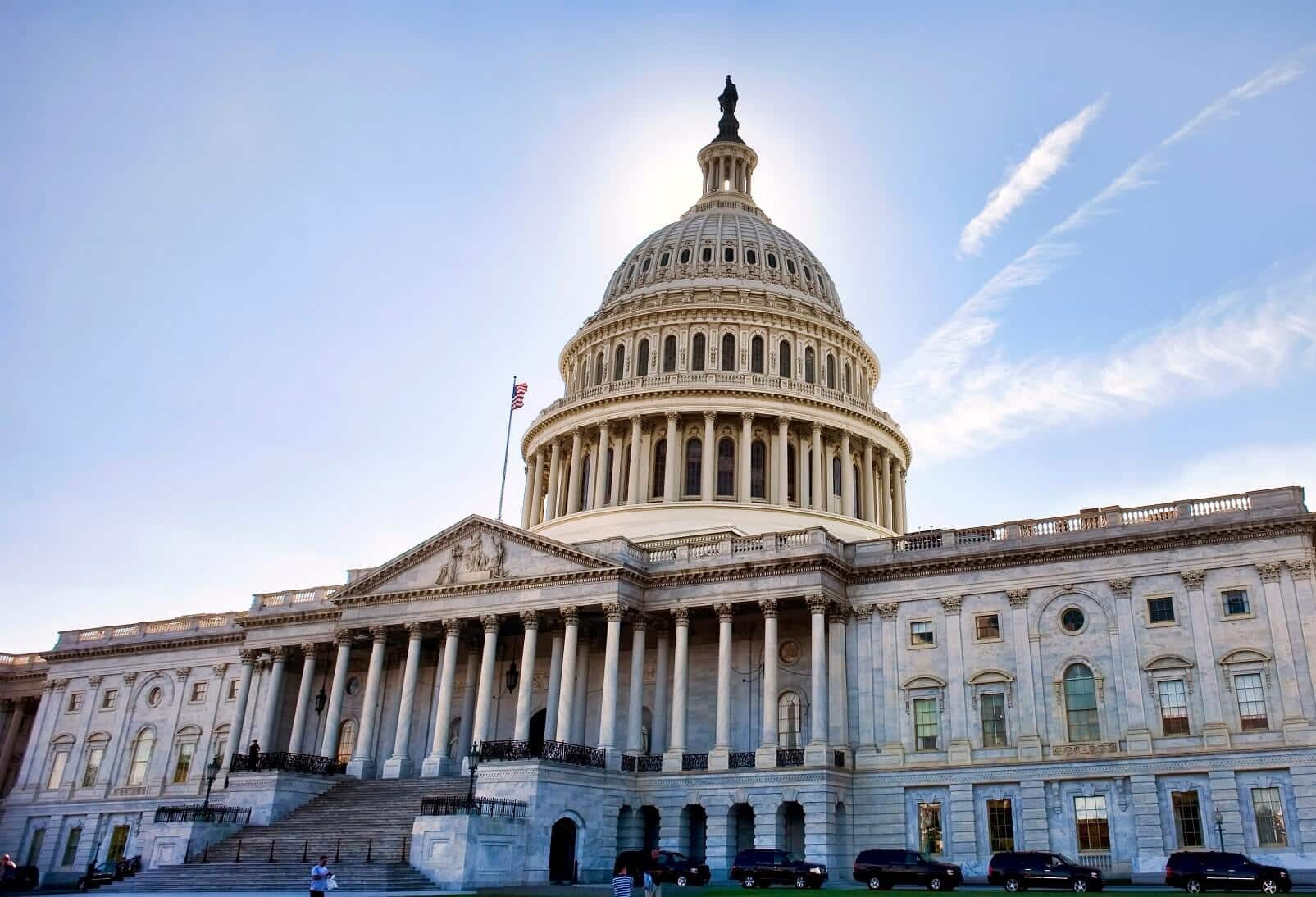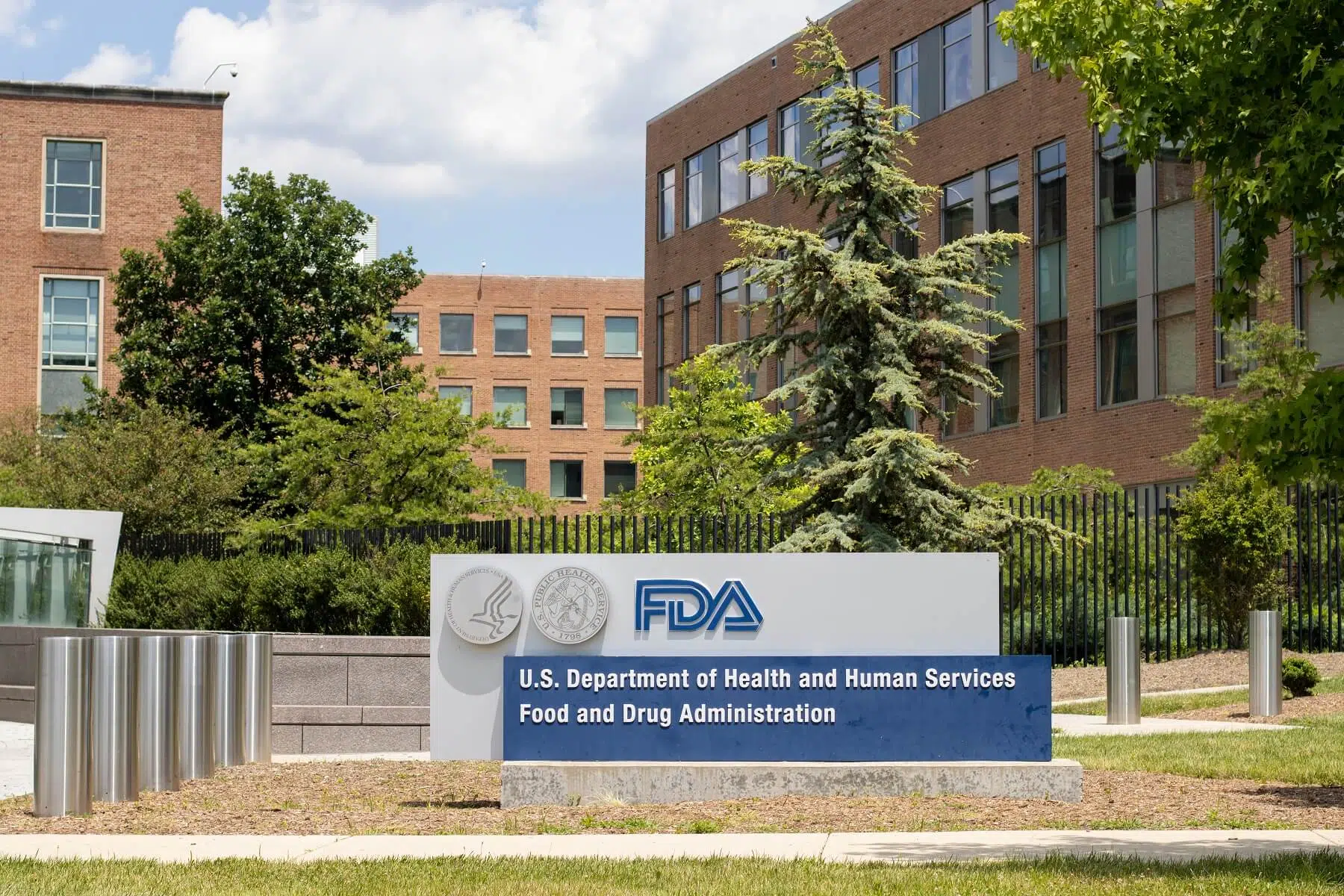-
- Market Research
- |
- CBD Near Me
- |
- Giveaways
- |
- Newsletter
- |
- Contact
- |
- Advertise
- |

Here’s the latest CBD news:
- A research team from McLean Hospital in Massachusetts is conducting a trial that tests the efficacy of a high-CBD/low-THC solution on behavioral symptoms of Alzheimer’s.
- The Hemp Industries Association is asking for testimony from CBD brands affected by the Drug Enforcement Agency’s Interim Final Ruling of 2020 so they can build a case against the agency.
- British regulators are asking for scientific data to help them legally define acceptable levels of several cannabinoids found in CBD products.
Massachusetts Hospital to Study CBD for Alzheimer’s Symptoms
As announced in the American Association for Geriatric Psychiatry’s 2021 Virtual Annual Meeting, Massachusetts-based McLean hospital is preparing to conduct a trial measuring the efficacy of cannabidiol for behavioral dementia symptoms.
Entitled “Caring for Behavioral Symptoms of Dementia (CBD): A New Investigation into Cannabidiol for the Treatment of Anxiety and Agitation in Alzheimer’s Dementia,” the eight-week trial is currently being conducted by Dr. Staci Gruber of McLean hospital and her research team.
The language in the American Journal of Geriatric Psychiatry trial describes the use of “an industrial hemp-derived custom-formulated high-CBD/low-THC sublingual solution,” created by Dr. Staci, as a potential treatment for (twelve) research participants experiencing “mild to moderate Alzheimer’s dementia and behavioral symptoms of anxiety with or without agitation.”
The researchers are using two specialized scales to assess the effect of this CBD solution on the nature, frequency, and intensity of anxiety- or agitation-related behaviors in participants, while continuously monitoring for safety and cognitive decline (using a separate set of scales).
Though the study is underway as of this writing, preliminary data released by the researchers indicate that the CBD has elicited significant improvements in anxiety symptoms, and that it was well-tolerated by the vast majority of participants.
Earlier in March, researchers at the Medical College of Georgia at Augusta University reportedly successfully treated “familial Alzheimer’s” with CBD.
Affected CBD Brands Asked to Comment in Lawsuit Against 2020 DEA CBD Ruling
The Hemp Industries Association (HIA), an advocacy group that has legally challenged (and defeated) several Drug Enforcement Agency (DEA) policies related to hemp regulation, is asking CBD brands affected by a 2020 DEA ruling to provide evidence of harm for a new lawsuit against the agency.
In August of last year, the DEA stated in an Interim Final Ruling they were mandated to provide that cannabis plant material “that contains greater than 0.3% of delta-9-THC on a dry weight basis remains controlled in schedule I,” which was actually a straightforward parroting, and not a controversial rework of the existing cannabis legislation package (2018 Farm Bill).
However, the contentious part is in the DEA’s potential application of this provision; some industry stakeholders are claiming that if the raw material from which the end products are extracted contains more than 0.3% THC, a brand could be charged with disobeying the law.
This possible misinterpretation will surely be a strong point in the HIA’s argument, but it won’t be the only point, and it likely won’t win a case without evidence.
As such, the HIA is calling CBD brands who believe they have been negatively affected by this 2020 DEA Interim Final Ruling to share their experiences, some of which may end up included in the language.
The form provided by the HIA to screen respondents is very simplistic, containing a “check all that apply” question listing ways in which the ruling may have affected respondents (e.g., “delayed or undermined business deals, etc.”) and an open-ended question allowing respondents to describe their experiences in their own words.
Whether or not material damages are proven, if the HIA can overturn and/or clarify the above point of contention and any others included in the ruling, there will certainly be less confusion clouding the hemp industry.
British Parliament Asks for Scientific Evidence to Help Regulate Cannabinoids in CBD Products
British Parliament member Kit Malthouse has requested the Advisory Council on the Misuse of Drugs (ACMD) to contribute as many scientific findings as possible related to the acceptable levels of several non-CBD cannabinoids like delta-9-tetrahydrocannabinol (THC), cannabinol (CBN), and others.
In MP Malthouse’s letter to ACMD member Owen Bowden-Jones, he stated, “There is currently not a legal framework in place specifically exempting CBD products from control under the Misuse of Drugs Act 1971, and with this in mind, the Government wishes to explore the possibility of creating a specific exemption in the Misuse of Drugs Regulations 2001 (‘the 2001 regulations’) for CBD products which contain no more than a defined trace percentage of controlled cannabinoids. Primarily THCV, delta-9-THC and CBN and the cannabinoid delta-9-THCA-A.”
In other words, the British Government is calling on researchers to define safe parameters relating to the use of said cannabinoids so that they can draft or amend legislation to clearly regulate the production and sale of CBD products.


